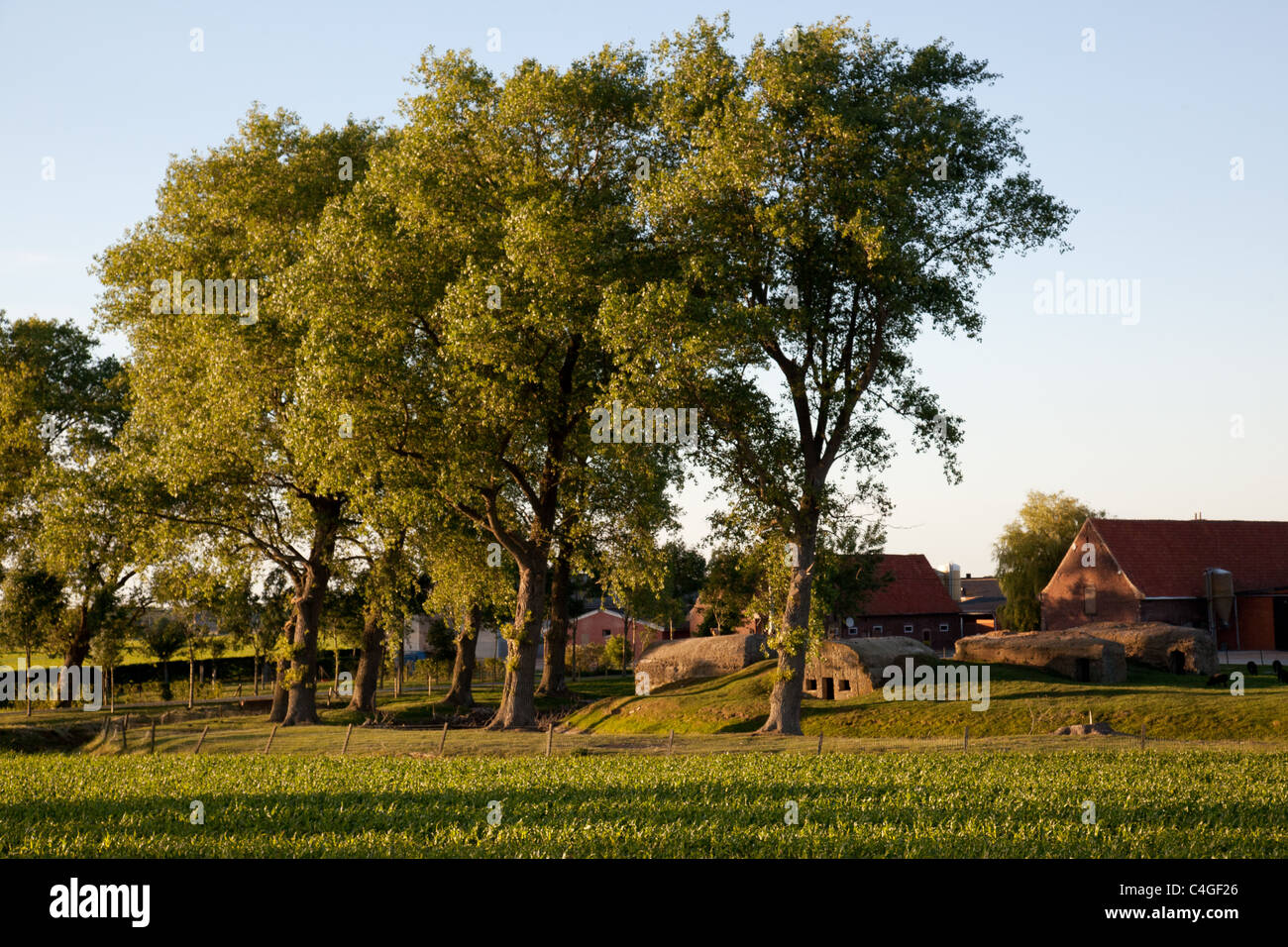

People are dying and will die who don’t have to die. That means, if you’re unvaccinated, you are much more likely to, one, get COVID-19 two, get hospitalized and, three, die if you get it. Last month, a study showed that over 99 percent of COVID-19 deaths have among - have been among the unvaccinated people. In fact, according to one recent study, 95 percent of overall COVID-19 hospitalizations are among those not fully vaccinated.Īnd the data shows that virtually all the cases, hospitalizations, and deaths due to COVID-19 are from the unvaccinated population.

Vaccinated people almost never are hospitalized with COVID-19. And even if you do, the chances are you won’t show any symptoms and if you do, they’ll most likely be very mild. Now, I know there’s a lot of misinformation out there, so here are the facts: If you’re vaccinated, you are highly unlikely to get COVID-19. I want to be crystal clear about what’s happening in the country today: We have a pandemic of the unvaccinated. The best line of defense against the Delta vac- the virus is the vaccine. That’s because 165 million Americans are fully vaccinated, including 80 percent of the most vulnerable Americans - our seniors. Our businesses, our schools, our society, as we saw what happened last year.Īnd while cases are on the rise, it’s important to note we’ve not seen a comparable rise in hospitalizations or deaths in most areas of the country. What’s different about this surge from previous ones is we have the tools to prevent this rise in cases from shutting down Experts tell us that we’re going to see these cases rise in the weeks ahead - a largely preventable tragedy that will get worse before it gets better. It accounts for over 80 percent of all COVID-19 cases in the United States today. It’s highly transmissible, and it’s causing a new wave of cases. This is a very different variant than what we’ve dealt with previously. Last week, I laid out what we need to do to beat the COVID-19 vi- pandemic and the challenges posed by the Delta variant. I think I’m missing some cultural references though.THE PRESIDENT: Good afternoon. He writes more honestly than most writers, even the way he connects how odd mundane events are tied in human memories in strange ways. I’ve been reading Love in the Time of Cholera. For some reason this is more disturbing than learning that pineapples grow from the ground.Īlso I’m pretty much in love with Gabriel Garcia Marquez. I also learned today that the coffee bean is really the pit of the coffee cherry. Apparently its not uncommon for there to be 4th or 5th interviews. In other news, I had a job interview today and was surprised by how seriously the company takes themselves. And if I’m going to grow, I’m going to need to do it on my own for a while. There is some courage that comes from the constant support of the other person, but there is a complacency too. I’ve been thinking lately that I could maybe make something more of myself than I ever believed I was capable of doing. That’s the worst part really, not the missing them, but the dual abandonment of your self along with them. (Given that the relationship was sufficiently long enough.) You sacrifice alot and make yourself subservient to another person, and you’re happy in the relationship, but once they are gone, you can’t remember who you are for a while.

Its that feeling you have after a break-up of a full-scale identity crisis. Its not that the other person isn’t great, they seem really nice, and its not that I’m anti dating right now, its just that lately anytime I think of anyone in that way I see the entire course of the relationship in one second and its enough to kill the thought entirely. So I’ve reached one of those wierd points in a friendship where you realize that its on the brink of becoming something more and oddly I chose not to try it. ‘Cos I don’t know who I am, who I am without youĪnd I don’t know if I could stand another hand upon you


 0 kommentar(er)
0 kommentar(er)
